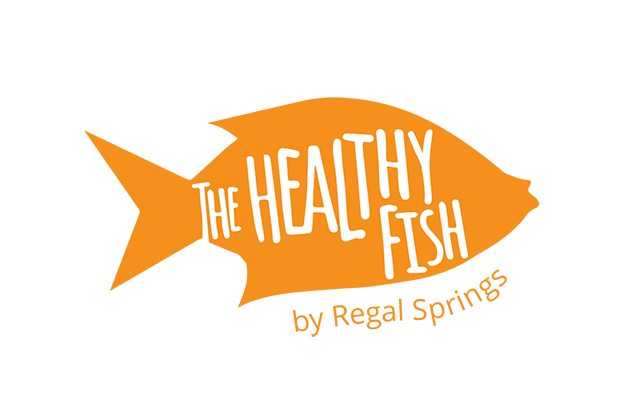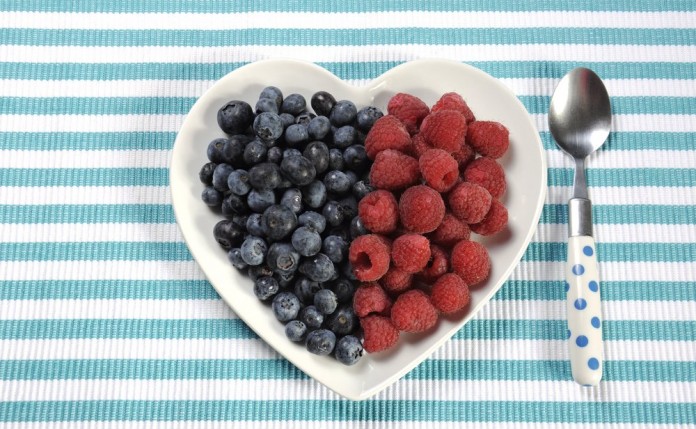You hear the term everywhere, but with health trends seemingly shifting every couple of minutes, it can be hard to know exactly what constitutes a balanced diet. Thinking about food is something we all do, but understanding the concept of a balanced diet and actually implementing one into you life can leave your head spinning. We’re here to help simplify this and help you stay healthy with some tried-and-true tips.
Balanced Diet in a Nutshell

To put it simply, a balanced diet is one that involves all food groups and ensures that the amount of calories ingested is less than or equivalent to the number of calories burnt. The average person needs roughy 2,000 calories a day to maintain their physique, but this varies depending on height, weight, sex and activity level. Many health blogs and professionals recommend something called the 80/20 rule. 80% of what you eat should be healthy, meaning that you eat lean meats (chicken, turkey, etc.), healthy seafoods (Tilapia, salmon, etc.), fruits and vegetables. The other 20% is reserved for when you can’t control the situation at hand. For example, when you are out for dinner with coworkers, at a birthday or even during the holidays. This rule allows you to indulge from time to time without feeling guilty, but more importantly, it doesn’t compromise your balanced diet.
Balancing the Food Groups

Photo credit: Curly Courland / Shutterstock
The American Heart Association does a great job of breaking down the food groups and recommended daily intake of each. You want to aim to hit most of these in your daily routine, but it can be tricky incorporate all the recommended components every single day. Don’t worry if you can’t fit in every group, every day! Just try to eat these healthy foods as much as possible and then average out the difference over the course of the week. Keep your meals and snacks as natural as possible so that you don’t overload yourself with empty calories and extra sodium too. Another way to achieve a good balance to plan out your meals each week This ensures that you’ll have healthy options for each meal and won’t be too tired or hungry to pick up dinner ingredients on the way home.
Vitamins and Nutrients

Photo credit: Kazyavka / Shutterstock
Just like with specific food groups, getting the right amount of nutrients every day can be tricky, especially if you have a picky eater on your hands. Try to eat foods that are low in fat but high in specific nutrients. Take Tilapia for example; the protein content from just one serving is almost 50% of your daily requirement, making it an ideal part of any meal. Since it’s has no fat and is low in sodium, you can still make room for many other foods throughout the day without worrying about excessive nutrient intake.
Minding Your Calories

Photo credit: Lauren Manning
While obsessing over every calorie you take into your body isn’t healthy, it is important to keep your total caloric intake in mind when choosing snacks and meals throughout the day. Your caloric intake refers to the amount of energy you take into your body each day in the form of food and drink. According to the National Health Service, an average adult male needs approximately 2,500 calories per day and a woman needs approximately 2,000 calories per day to maintain a healthy diet. Of course, this recommended amount can vary dramatically depending on your age, height, weight and activity levels. But if you’re looking to make a quick change to your diet, consider cutting soda out! By not drinking your calories and choosing water over sugary drinks, you’ll be able to cut down on unnecessary calories and make room for all the healthy ones.
Most of the complexity behind the concept of a balanced diet comes from health fads and an abundance of confusing information. If you stick to simple, natural foods it’s actually quite easy to achieve and maintain a well-balanced diet. The first step is being informed and ensuring you’re making smart and healthy choices where you can (without getting stressed out about it when you can’t). When paired with staying active, you’ll be on your way to a balanced diet and healthy lifestyle in no time.
Photo credit: Milleflore Images / Shutterstock






